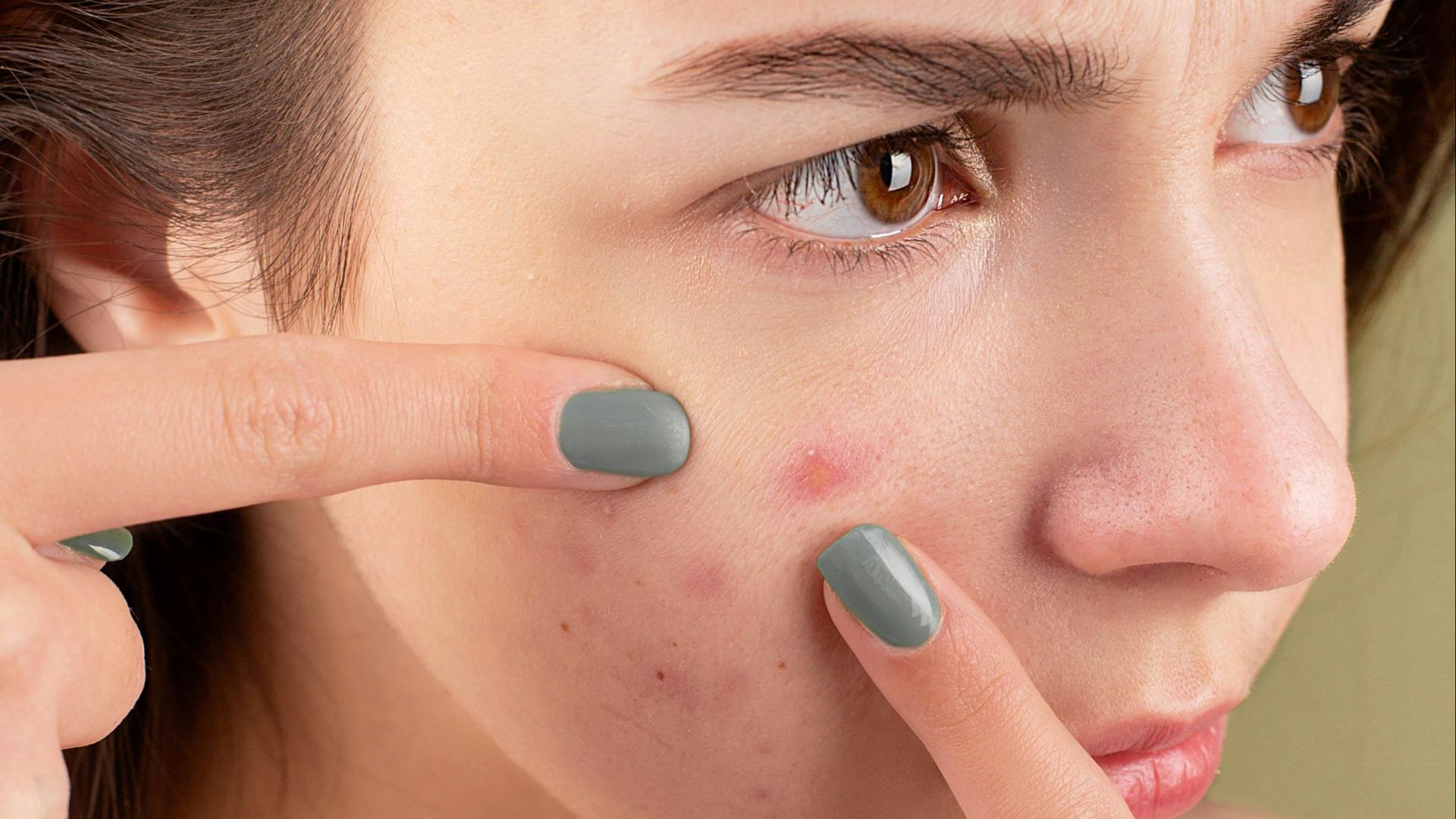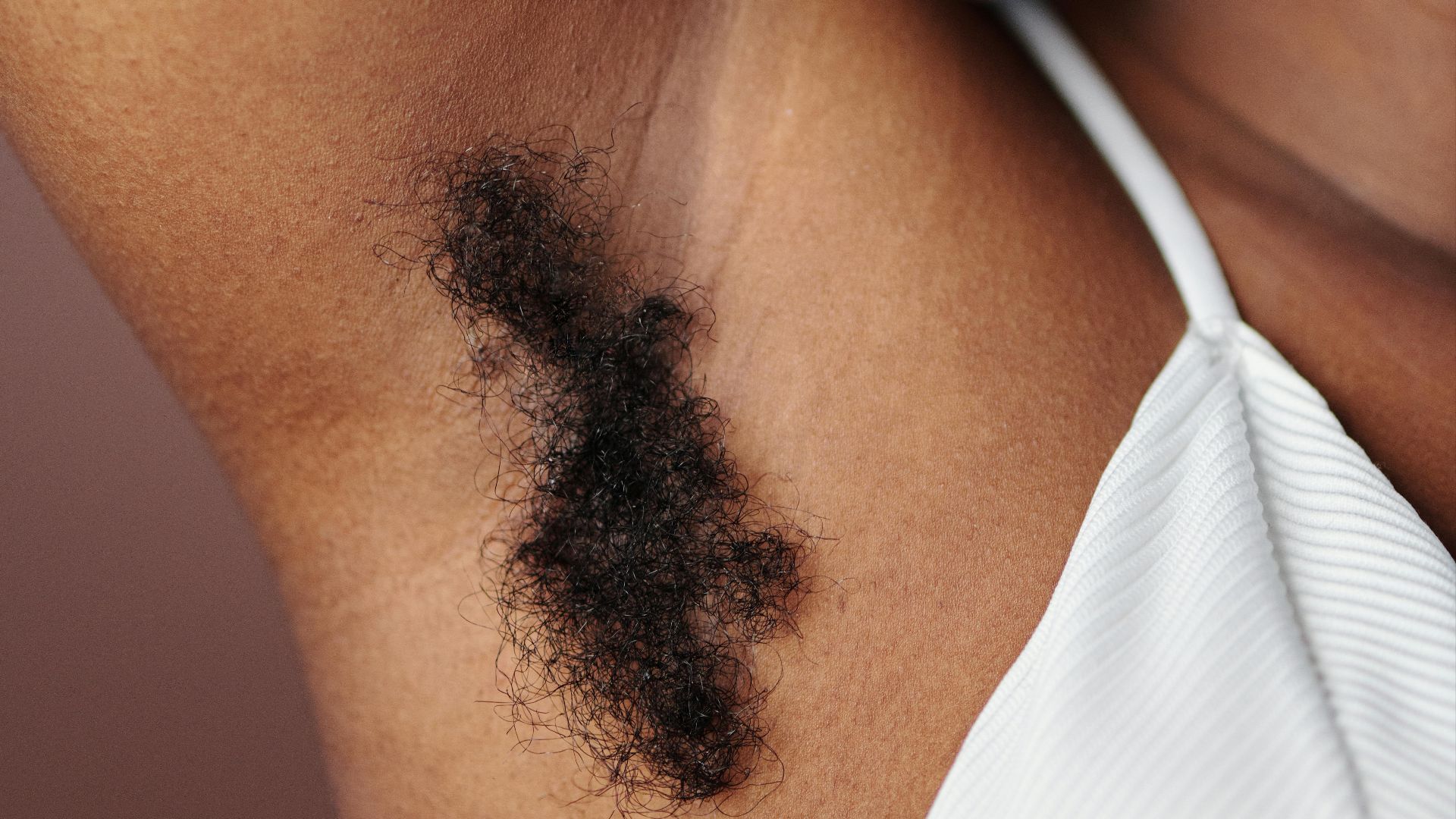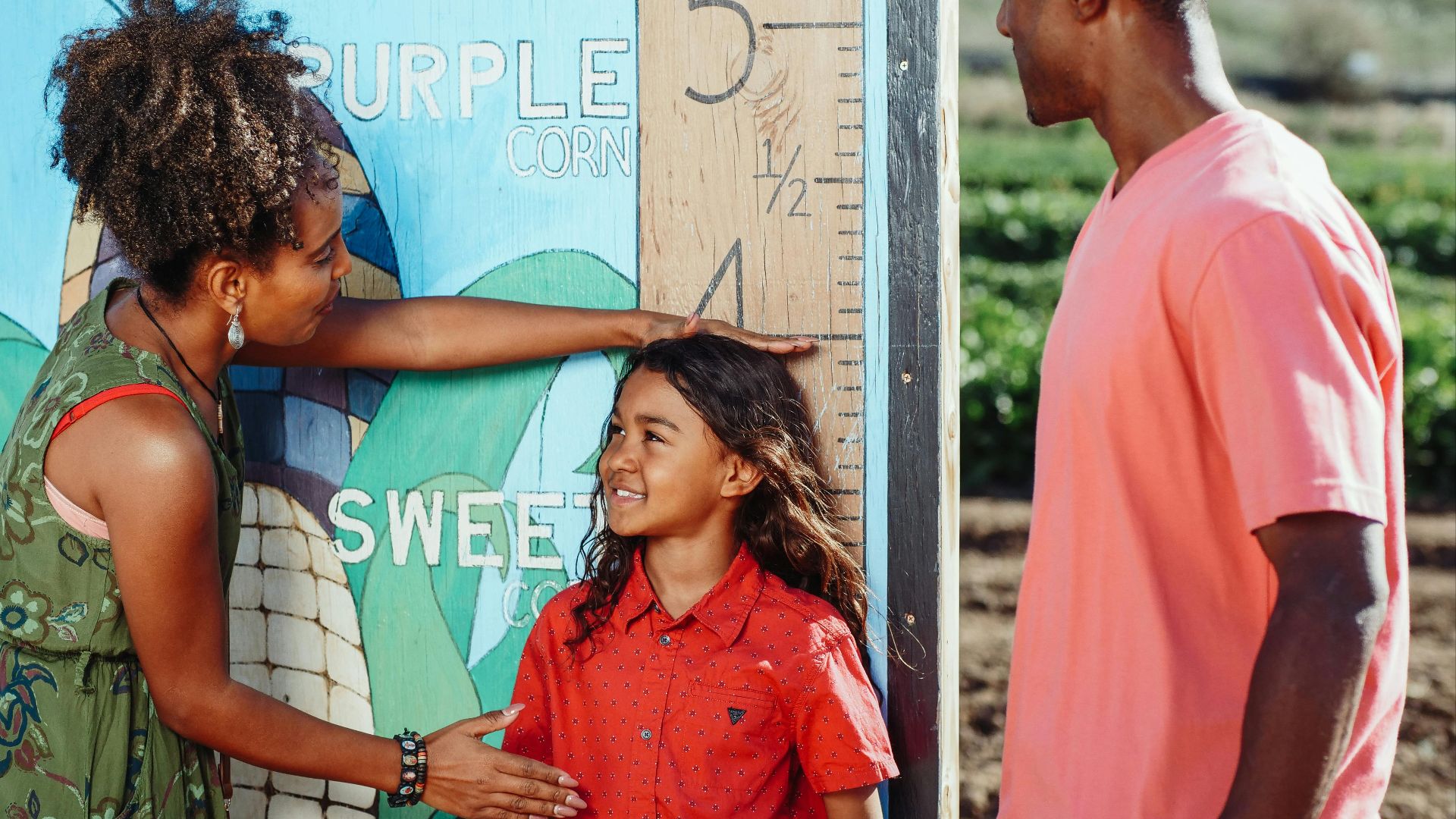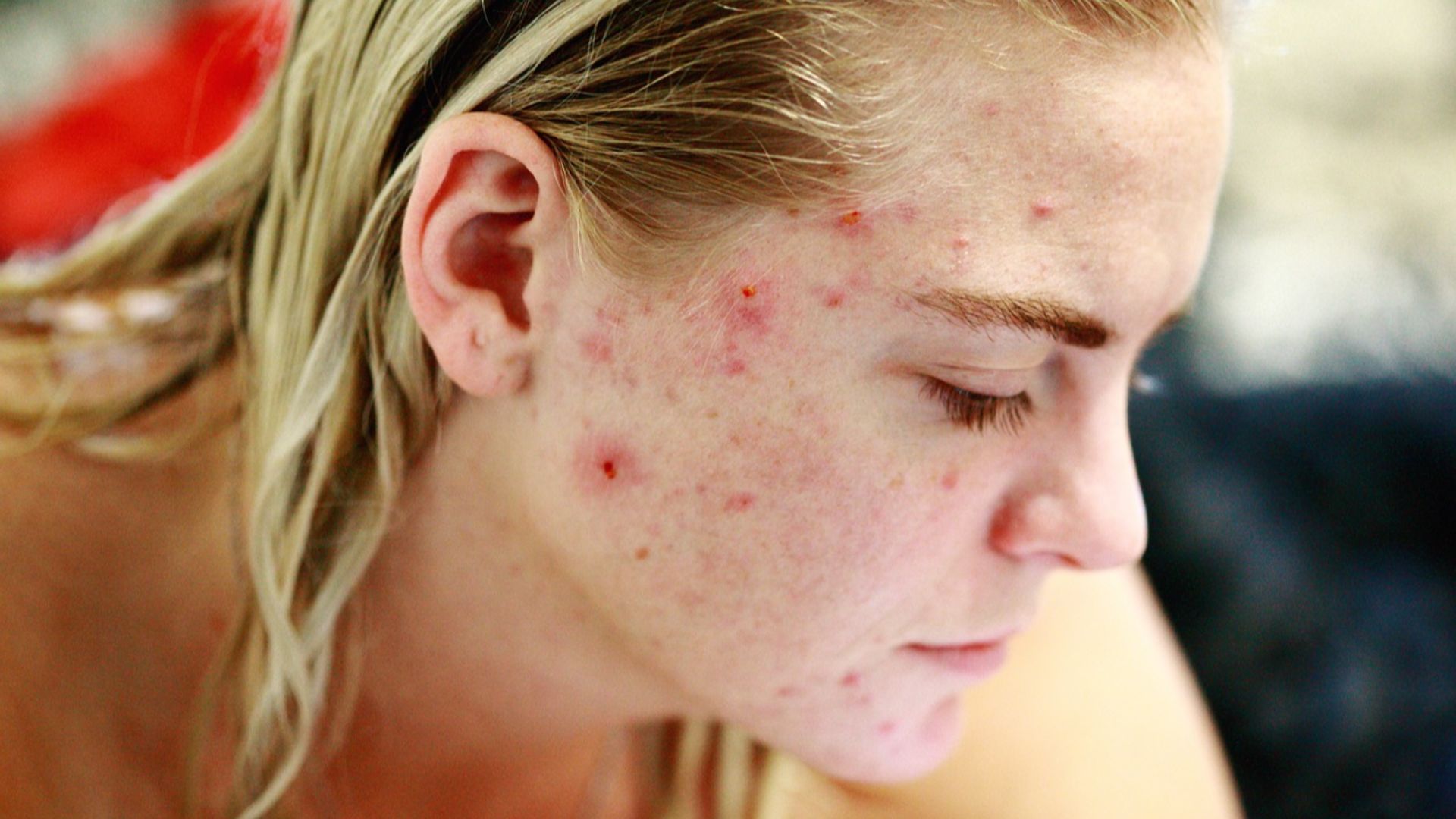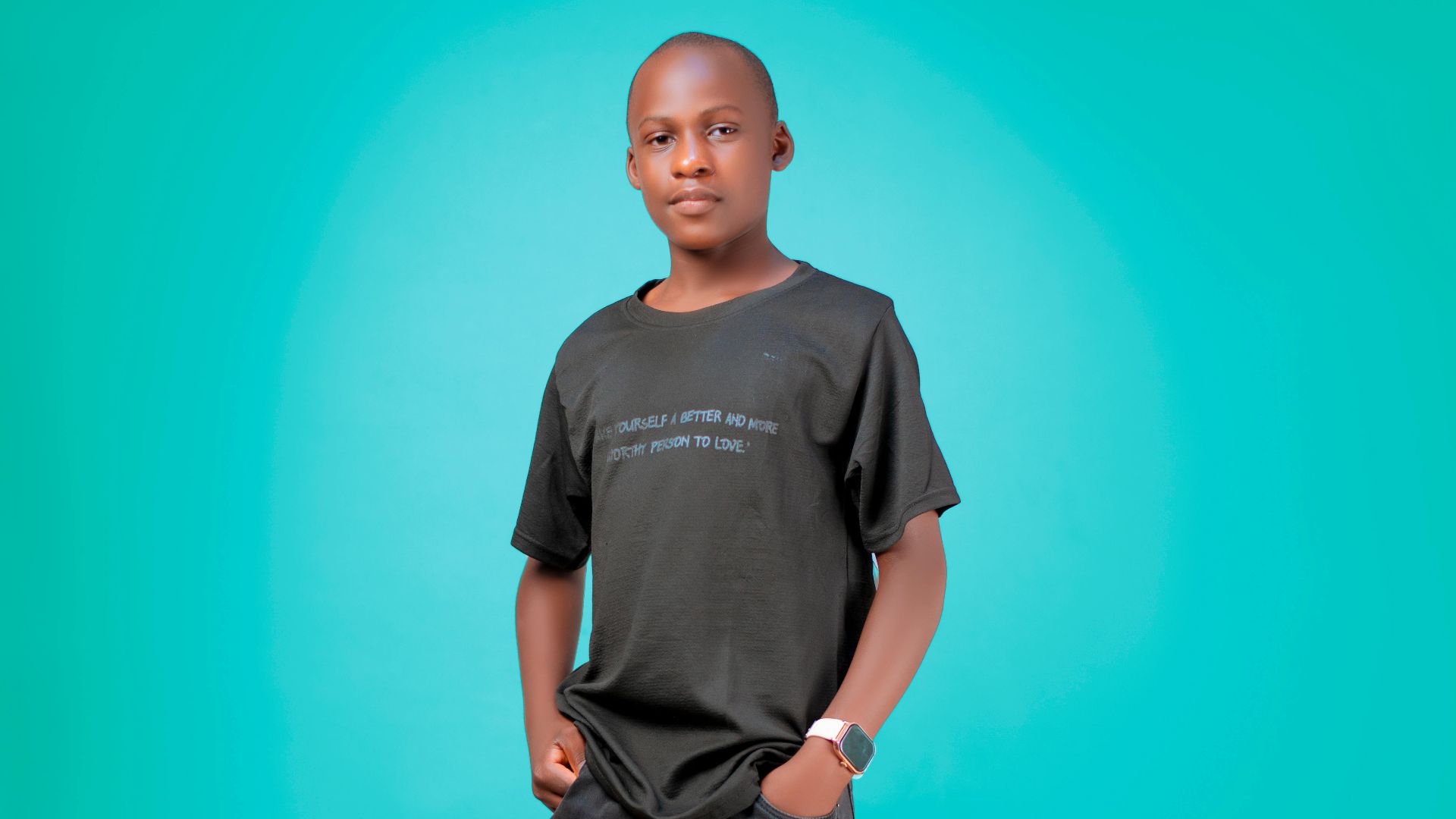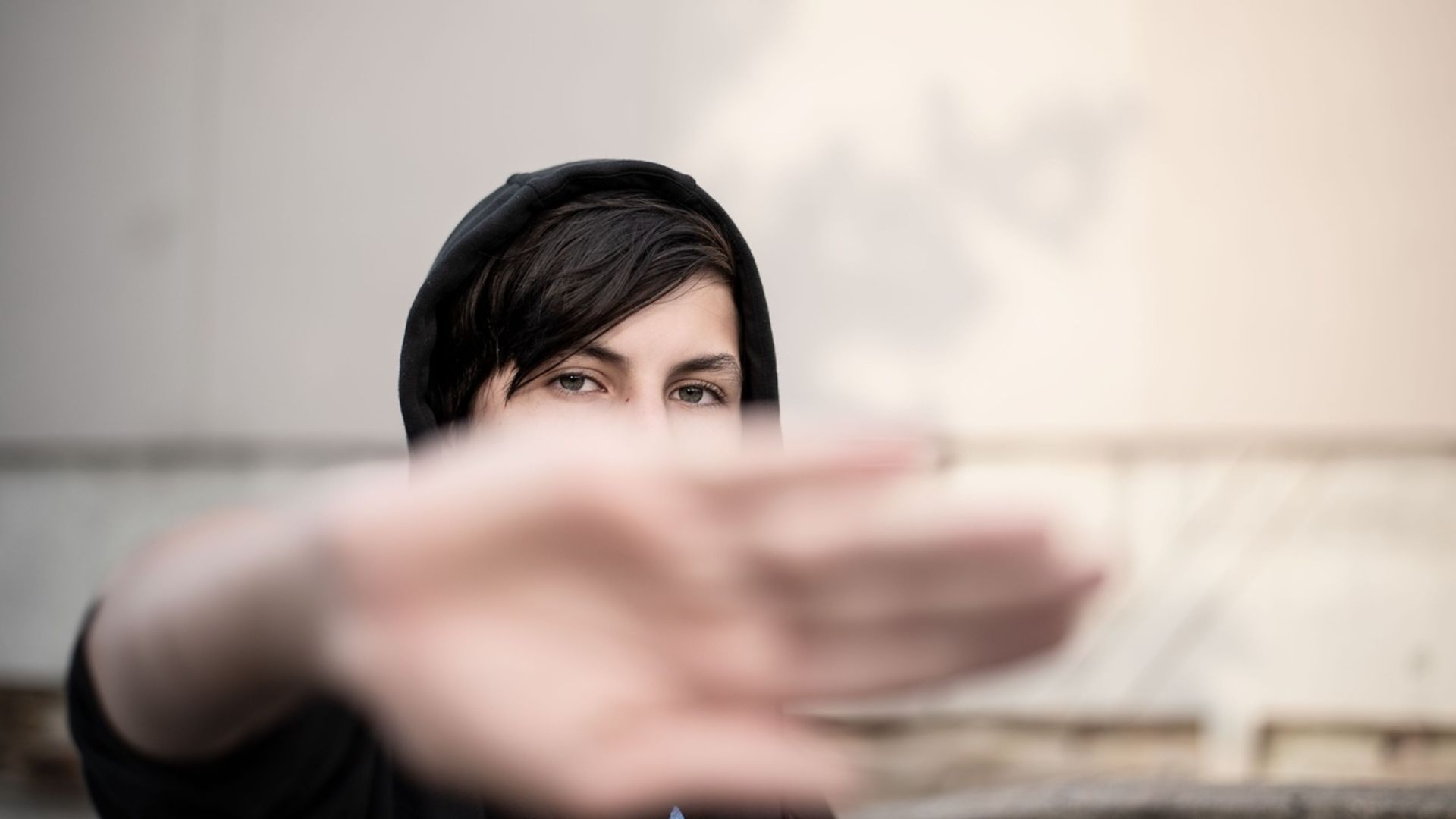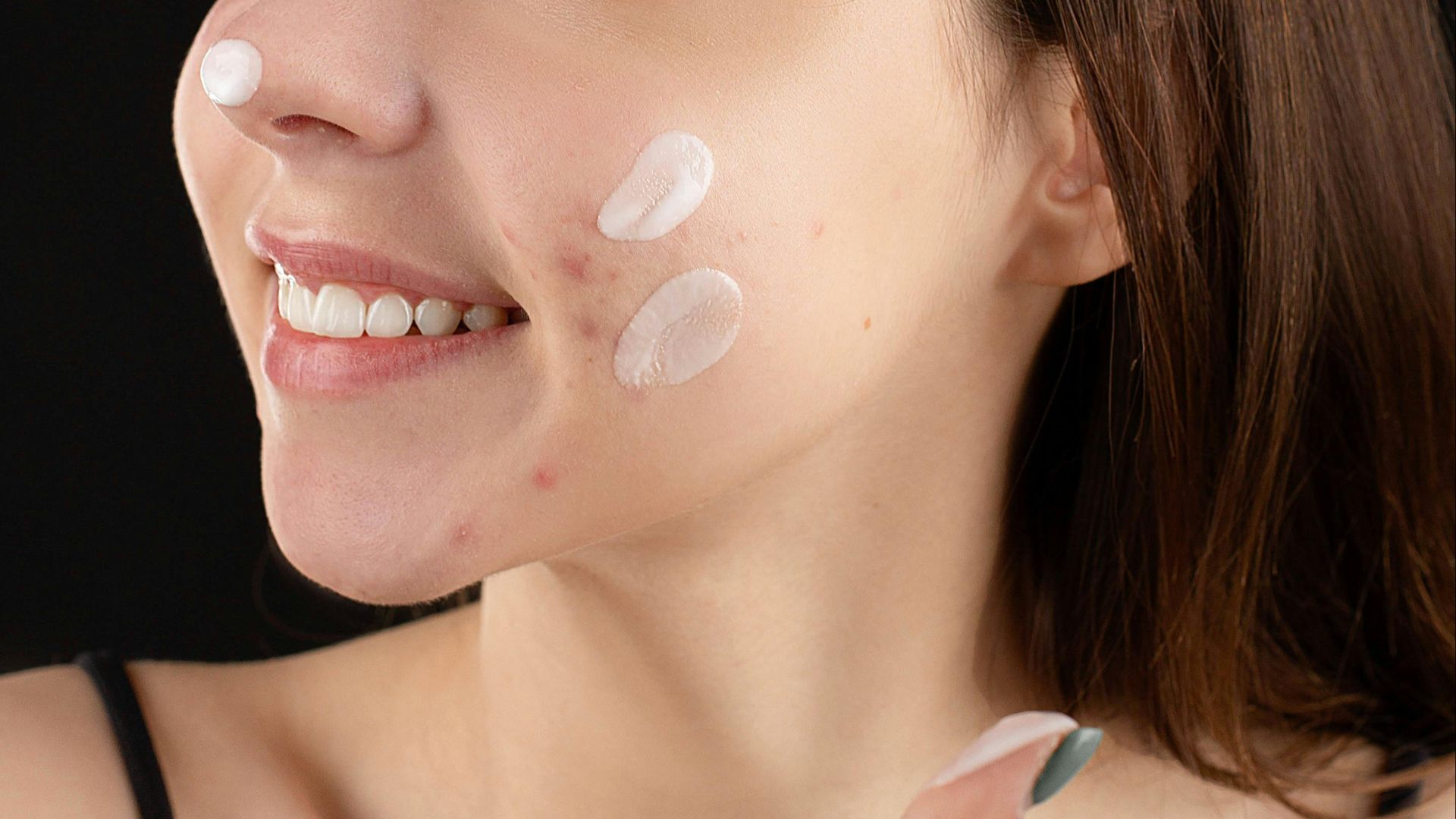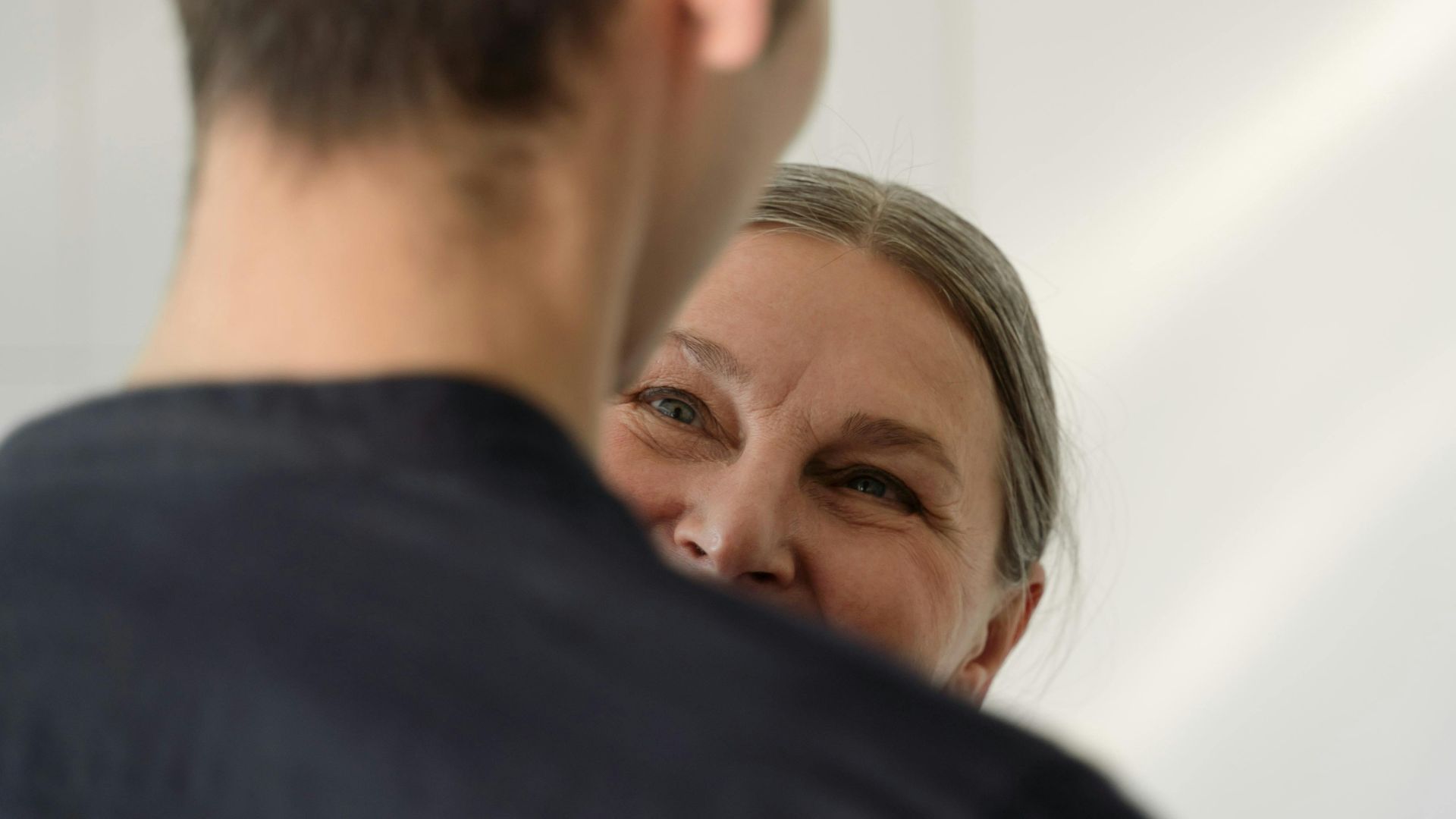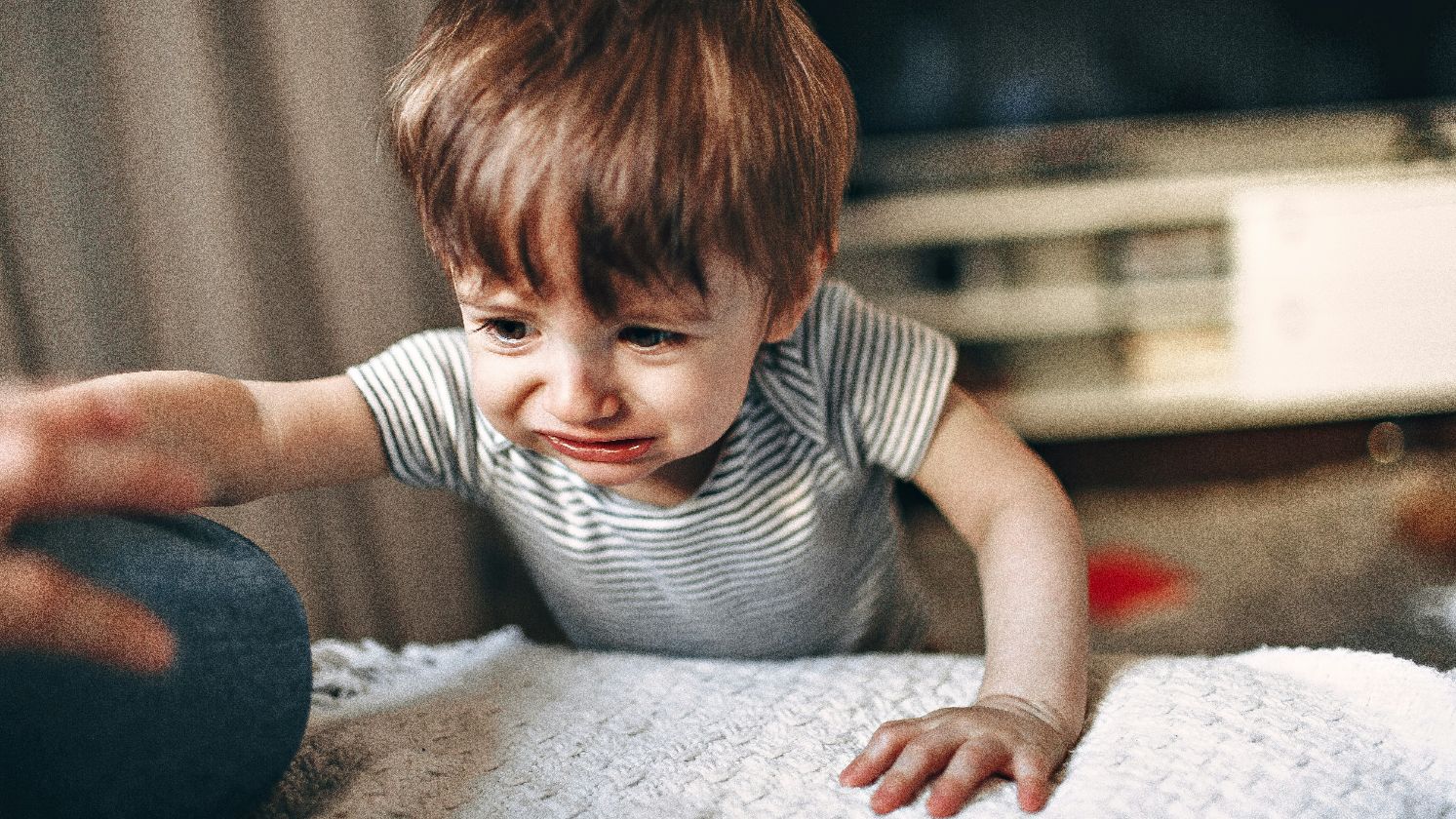Growing Pains
Puberty is a time of significant developmental change. Yet, while it can be exciting, it can also come with some challenging or frustrating shifts. Think back to when you experienced puberty and how you—or your parents—helped you handle it; your personal experience will come in handy when guiding your child through this stage. With that said, here are 10 signs your child is going through puberty—and 10 ways to help them navigate through it.
1. Body Hair Growth
One of the first signs of puberty is body hair growth. Your child may complain to you about getting hair on their arms, legs, face, armpits, or elsewhere. Or they may be embarrassed to show or tell you, and you might spot the changes yourself.
2. Growth Spurt
Another common sign of puberty is a growth spurt. This is when your child suddenly sprouts an inch or more taller or gains weight more rapidly. For girls, this typically happens before the onset of menstruation (about 6-12 months prior), then slows down. Boys tend to start their growth spurts later than girls, but this stage lasts longer.
3. Skin Changes
You may also start to notice changes in your child's skin. Gone may be their baby-soft skin and is now replaced with dry patches, acne, or an oily T-zone. This is due to hormonal changes, which can increase sebum production and clog pores.
4. Body Changes
Besides height and weight, you will also notice other body changes. For boys, as their intimates increase in size, they may ask for new clothes and underwear. For girls, they may see chest development and may need to start wearing bras to support the growth. They may also start their menstruation.
5. Voice Changes
Voice changes differ in boys and girls during puberty. While girls experience voice cracks as well, these changes are typically not as noticeable or as dramatic. For boys, their vocals will deepen starting at around 12-13 years old, during their growth spurt, and usually complete when they're around 15-18 years old.
6. Mood Swings
Mood swings are a very normal part of puberty, even when it might cause frustration. Changes in hormones along with physical changes—body hair, acne, growth spurts—can lead to confusion and irritation, resulting in mood shifts and emotional lows and highs.
7. Identity Exploration
Your child may also go through identity exploration during puberty. This might mean they'll change up their style, wardrobe, try different haircuts and colors, have a desire to get piercings or tattoos, or experiment with other things, in an attempt to discover what they like, dislike, and where they belong.
8. Increased Interest in Romantic Relationships & Topics
Whereas a few years ago they may have balked at the mention of romance, crushes, and love, their opinions and mindset may change during puberty. They might even ask for advice, consume more books and shows in the romance genre, or begin dating.
9. Body Odor
While unpleasant, you may also notice your child emitting stronger body odor. Again, this is due to hormonal changes in the body, which increases sweat production and thus leads to... well, a smellier body. This typically starts in their tween years.
10. Personality Shifts
Your child might not only have mood swings—their whole personality might change overnight. As they try to navigate through these changes in their body, differences in interests, style, and taste may prompt them to express themselves in various ways. They may also show increased independence.
Now that we've covered some of the signs that your child might be going through puberty, let's jump into 10 ways you can help them through this pivotal life stage.
1. Encourage Open Communication
Puberty isn't meant to be embarrassing. Even if your child feels that way about the abrupt changes in their body and appearance, try to encourage open communication with them by letting them talk about their experiences and struggles, and answering any questions they might have.
2. Share Your Personal Experience
It might also help to share your personal experience with puberty so that your child can better relate and understand, and maybe not feel as alone. You don't need to go into too much detail—whatever is most comfortable for you both—but it can be a great way to bond and allow your child to feel closer to you.
3. Suggest Informational Resources
Whether through books, shows, brochures, or other mediums, set out an array of informational resources for your child to sift through. After all, there could be advice, facts, or other things these resources may be better at tackling and explaining.
4. Normalize the Experience
Again, puberty shouldn't feel or be embarrassing. It's a normal part of life and growing up. As they're going through this stage, refrain from making comments that might make them feel dejected or uncomfortable. Treat them as how you were—or would've liked to be—treated when you were going through puberty.
5. Have Difficult Conversations
When your child comes up to you with difficult questions, don't shy away from answering them or try to explain words or concepts in convoluted ways. Be open, honest, and understanding. It's great that your child is curious, and it's your responsibility as a parent to teach them what you know.
 Photo By: Kaboompics.com on Pexels
Photo By: Kaboompics.com on Pexels
6. Promote Healthy Habits
From encouraging healthy diet habits to maintaining a good sleep regimen, remind your child that during this growth stage in their life, it's important that they pamper their body and understand its needs. Set an example by following these healthy habits yourself so that you can be their role model.
7. Be Patient & Understanding
Whenever they have mood swings or emotional highs and lows, it might be tempting to fight tooth with nail, especially when these changes happen abruptly and frequently. But it's important to stay calm and patient; you've likely been through this before yourself. You know what it's like. Lashing out at your kid for their attitude doesn't set a good example.
8. Give Them Privacy
As your child navigates through puberty, they might want more privacy. Give them the space they need and respect their wishes if they choose to keep doors closed. When they're ready to come out and talk to you, they'll do so.
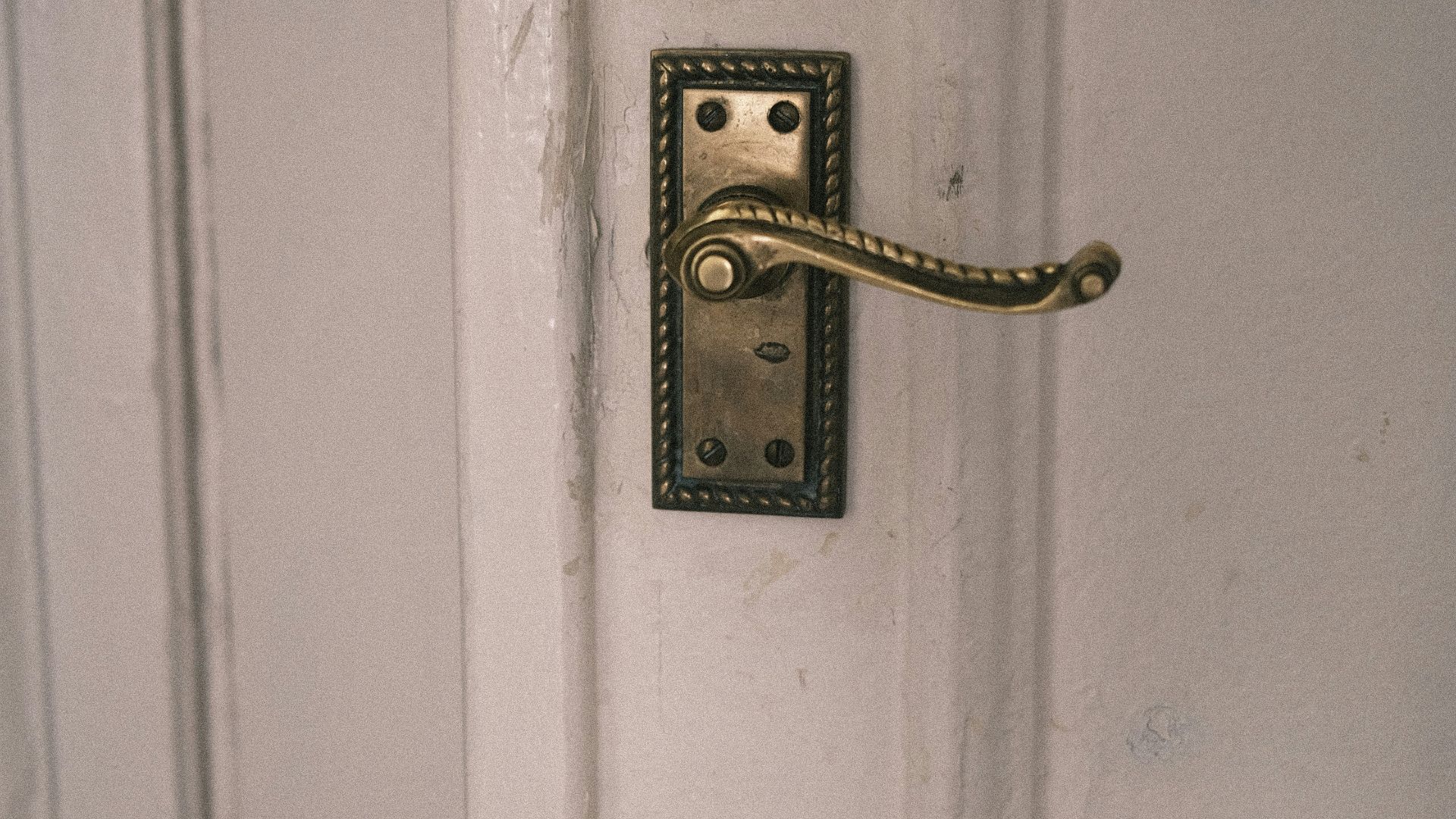 Christina Radevich on Unsplash
Christina Radevich on Unsplash
9. Allow Exploration
Don't stop your child from expressing themselves in different ways as they explore their identity. Of course, if you have stricter rules on when they can get piercings or tattoos, you can have a conversation about when would be an appropriate age. But with everything else, give them the freedom to discover.
10. Praise Their Efforts
Praise them for their efforts, progress, achievements, and behaviors from time to time. Puberty is a challenging life stage to go through, so your child will appreciate the support. This will help build up their self-esteem and strengthen the bond between you both.


